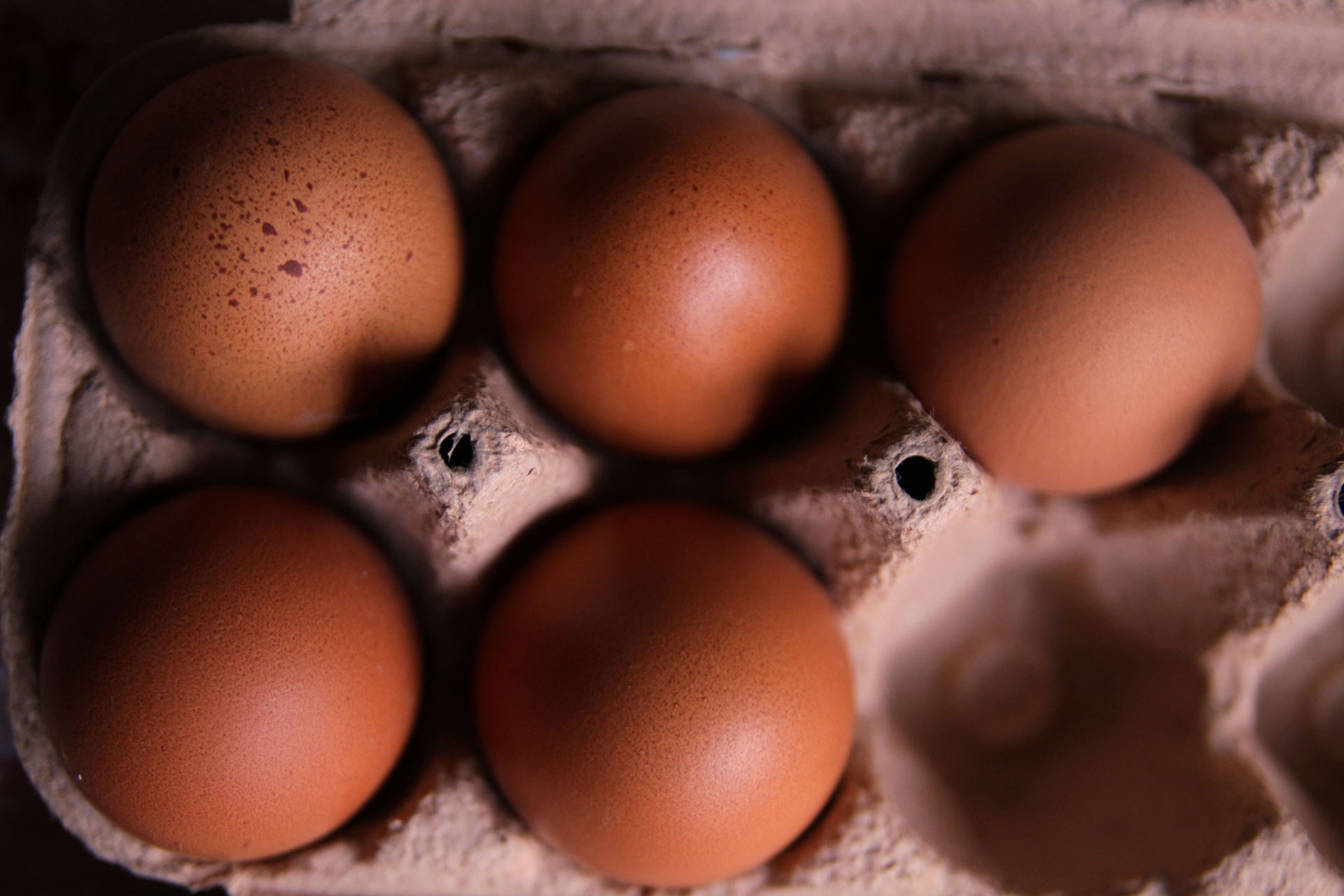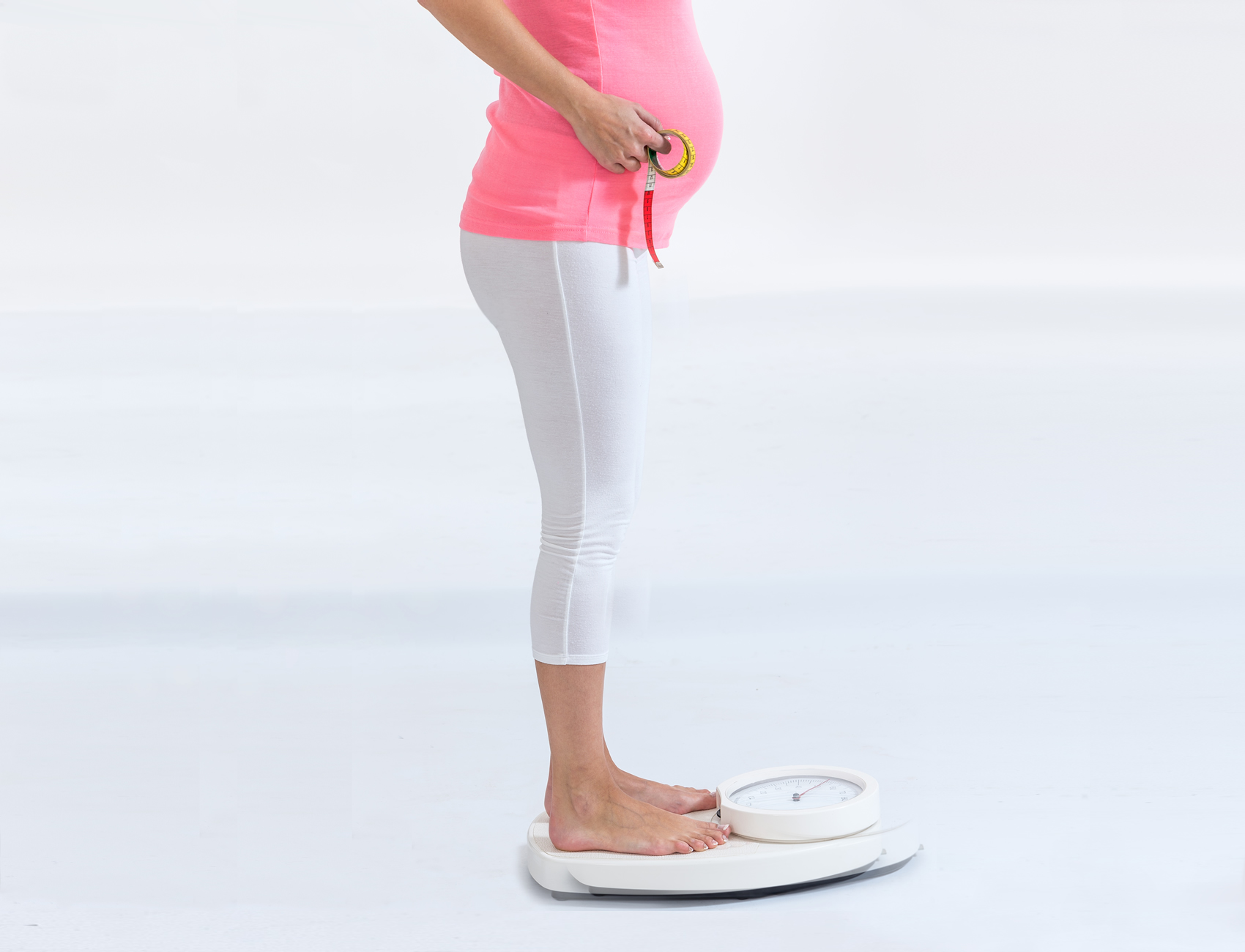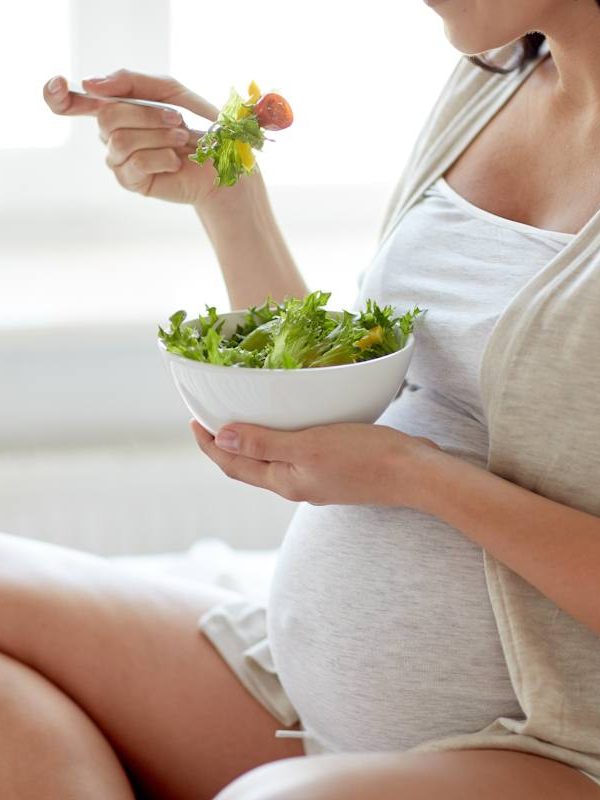
Are you really running out of eggs?
12 Jun 2017
How Much Should I Weigh During My Pregnancy?
26 Jul 2017
This is an issue almost all my patients are concerned about – whether they have consulted me to help them prepare for a healthy pregnancy, or if I have helped them get pregnant naturally and they are now concerned about maintaining a healthy weight during their pregnancy.
Latest research shows that babies born to overweight or obese mothers are more likely to become overweight or obese than those born to normal-weight mothers.
And a Swedish study warns that a BMI in the overweight and obese reference range is associated with a higher risk of having babies with serious birth defects.
The sensitive period of foetal organ development is the first 8 weeks of pregnancy and it is in this time that BMI may have a negative impact.
Researchers have also discovered that a link between the presence of microbiota in the infant gut appears to be reflected in maternal and child overweight status, particularly in Caesarean-delivered babies.
Pregnancy Nutrional FAQs I am often asked:
- Am I really supposed to “eat for two”?
- Are my cravings a sign that my baby “needs” me to eat those foods?
- Should I be “snacking” on lots of carbs between meals to prevent morning sickness?
- Should I go on a calorie restricted diet during my pregnancy so that I don’t put on too much weight?
Eat for one and absorb for two
During pregnancy your body becomes extremely efficient at absorbing more of the nutrients from your diet – so eating for two doesn’t double your chances of a healthy baby.
Rather, eat more nutritious food (ideally before you get pregnant), and certainly throughout your pregnancy.
Find the hidden nutrients in those food cravings
There is no evidence that cravings are a sign that your baby needs you to eat those particular foods.
It is more likely your baby is ‘needing’ more of the nutrients that might be hidden in those foods. I often tell my patients to try to listen to their body and work out what healthy nutrient might be hidden in the food they may be craving.
And then rather consume the healthy alternative. For example, if you are craving chocolate, your body (or the baby) might be ‘needing’ more calcium (from the dairy) and more magnesium (from the cocoa).
So it would be much healthier to substitute that chocolate for the real, natural source such as milk / yoghurt and green leafy vegetables/whole grains/ nuts/seeds/avocado/banana – just to name a few. Sugar cravings can be blamed on the mother’s sweet tooth!
There is nothing healthy that is hidden in cane sugar or any food that has been processed.
Dress up those ‘good carbs’ in a decent protein outfit
Snacking on small portions of nutritious ‘healthy carbs’ such as whole (unprocessed) grains, veggies and fruits between meals helps prevent nausea during pregnancy.
However, it’s advisable to always combine these with some healthy proteins such as nuts, seeds, tofu, eggs, yoghurt, hummus, tahini, meat, fish, chicken to slow down the absorption, maintain healthy glucose levels and prevent the nausea returning too soon.
Calorie restriction BEFORE pregnancy is safer than during.
You should definitely NOT go on a calorie-restricted diet during pregnancy.
If you are overweight and wanting to get pregnant, it would be much wiser (and healthier for both you and your baby) if you went on that calorie restricted diet BEFORE conception.
Your baby needs essential vitamins and nutrients to grow and develop in the healthiest possible way while you are pregnant.
Being over – or underweight during your pregnancy can, therefore, affect the health of your growing baby as well as increase complications during pregnancy and labour.
I hope I’ve given you more of an understanding of how to listen to your body’s cues so that you can make wise and healthy choices for a healthier pregnancy outcome.
Joanne Lipinski – Fertility Naturopath Melbourne
